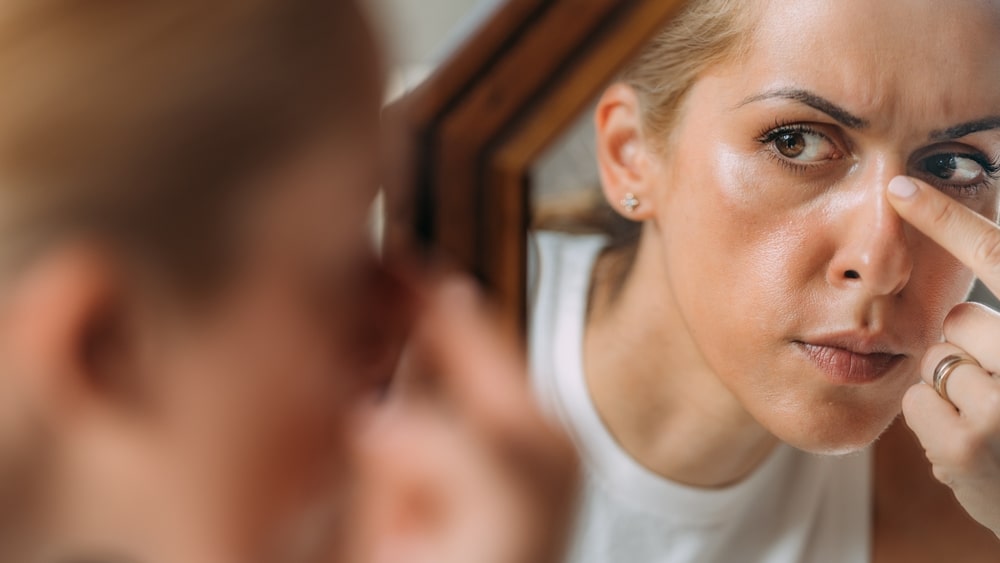Body dysmorphic disorder (BDD), also known as body dysmorphia or dysmorphophobia, is a mental health disorder that is categorized under obsessive-compulsive and related disorders in the Diagnostic and Statistical Manual of Mental Disorders, Fifth Edition (DSM-5). According to the Anxiety and Depression Association of America, BDD is “characterized by persistent and intrusive preoccupations with an imagined or slight defect in one’s appearance.” BDD typically begins during adolescence and most commonly presents in children around age twelve to thirteen years old. In America, an estimated 5 million to 10 million people have body dysmorphic disorder, which is equal to nearly one in fifty people. The connection between body dysmorphic disorder and teen mental health is significant, as BDD is a condition that can have a profound impact on adolescents’ psychological well-being.
Every teenager will inevitably experience bouts of insecurity surrounding his or her appearance. Although it is not uncommon for teenagers to be highly critical and overly dramatic when it comes to physical blemishes, with body dysmorphia the symptoms are debilitatingly pervasive. As is explained by the Mayo Clinic, “if you have BDD you see yourself as having a defect in your appearance that makes you ugly or deformed.” A teenager with BDD perceives a nonexistent or slight imperfection as a significant and prominent physical flaw, which can cause emotional distress and difficulties in daily functioning. Body dysmorphic disorder causes a teen to become overly preoccupied and ruminate on their imagined or embellished physical defects to the point that they neglect daily obligations (e.g., miss school), avoid social situations, and self-isolate from loved ones, because of a deep-seeded fear that others will notice their flaws.
The effects of body dysmorphic disorder can have severe short and long-term consequences. If left untreated, BDD has the propensity to result in long lasting damage to an adolescent’s self-esteem, social and emotional development, school performance, and physiological health. Early intervention, psychoeducation, and creating a supportive environment that promotes positive body image and self-acceptance are essential in helping teens manage BDD-related challenges and improve their overall mental well-being.
For Information and Support
Every family in need of mental health treatment must select a program that will best suit the needs of their family. When one member of a family struggles, it impacts everyone in the family unit. To maximize the benefits of treatment we work closely with the entire family to ensure that everyone is receiving the support they need through these difficult times.
Seeking help is never easy, but you are not alone! If you or someone you know needs mental health treatment, we strongly encourage you to reach out for help as quickly as possible. It is not uncommon for many mental health difficulties to impact a person’s life, long term. Pursuing support at the beginning of one’s journey can put the individual in the best position to learn how to manage themselves in a healthy way so they can go on to live happy and fulfilling lives.
OUR KNOWLEDGEABLE ADMISSIONS TEAM CAN BE REACHED 24/7 AT INFO@PACIFICRTC.COM OR CALL: 800-531-5769
We are available to answer any questions you may have regarding mental health treatment and our residential program, anytime. Contact us today using the form to the right.






